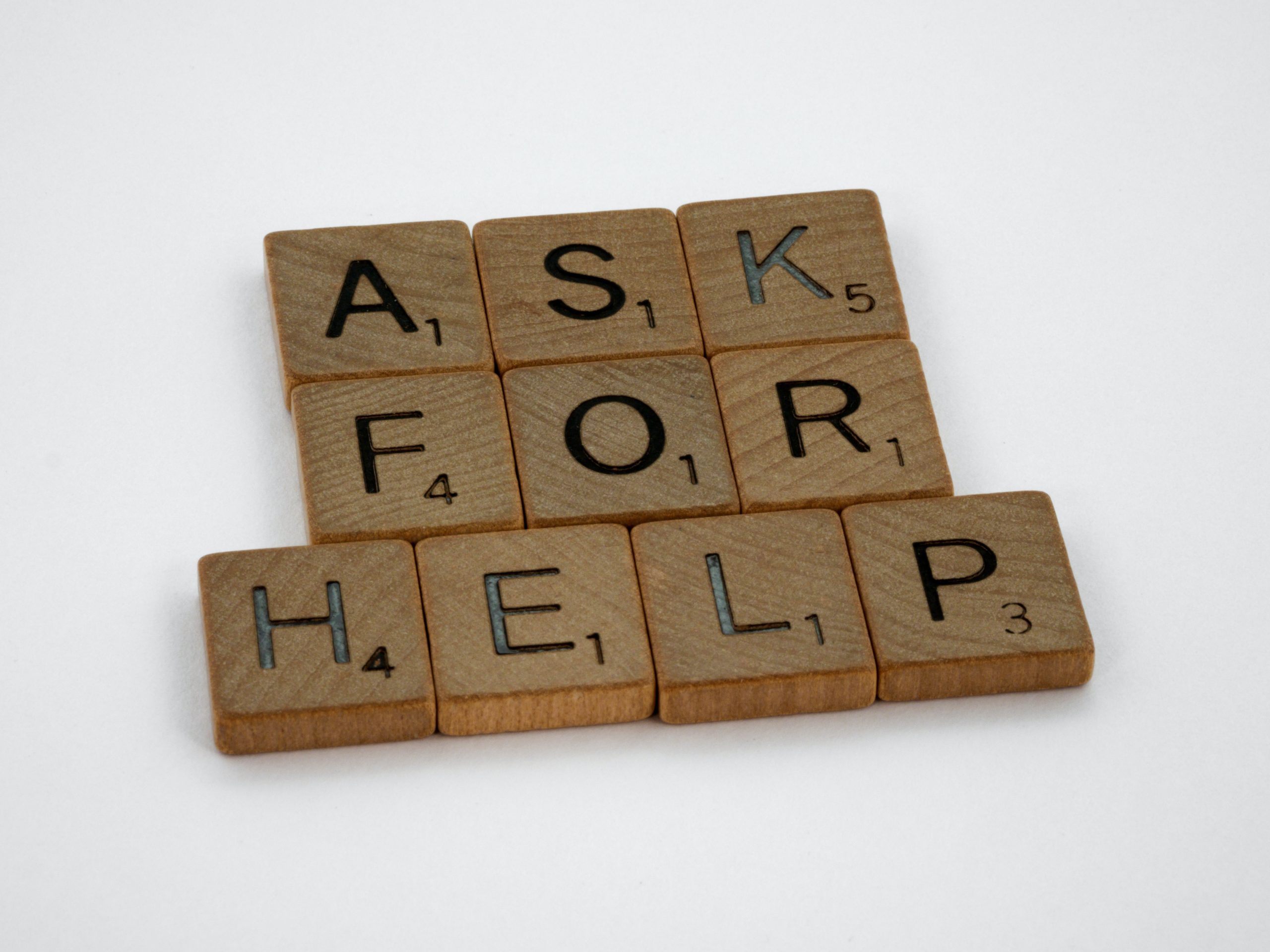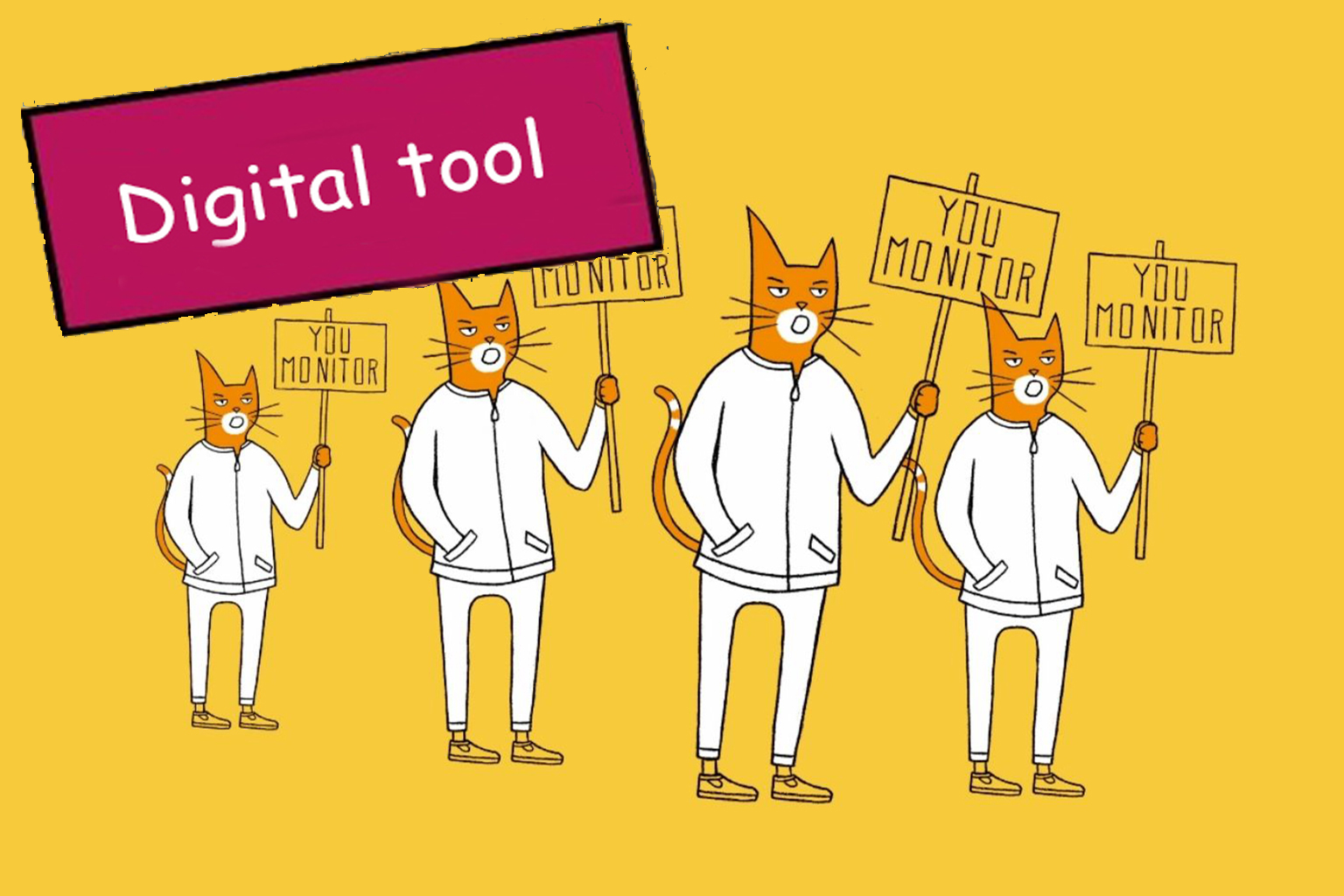Understand
Choose your question carefully: this step turns the group from a simple working group into a real ‘monitoring community’. What does this mean? The meaning of community can be understood by looking at this word’s Latin roots, which refers to a collective dimension in which every individual sacrifices something personal to achieve something shared collectively. The meaning of monitoring refers, instead, to the ‘monitory democracy’, as theorised by John Keane, which explains that the common good can be more effectively controlled and safeguarded by widespread instead of centralised control. For an effective monitoring action, therefore, you need to choose the right question, or better ‘the good question’, in order to build your action and start your collective path. From this point on you are passing from a dimension of compilation into one that can be called ‘political;’ that is, to intervention in the sphere of the public decision-making process.
Experience
One important premise: to find ‘good monitoring questions’ you have to take into account that they belong to a civic and political sphere and that they are quite different from individual and introspective questions, for which we believe that the principle ‘there are no wrong questions’ applies.
Therefore, when we talk about ‘good monitoring questions’ (in opposition to ‘bad monitoring questions’) we refer to a proper and well-built civic question. There are 8 criteria that should be taken into consideration: 1) there is only one good question; 2) it should meet the interests and capacities of your youth community; 3) the good question is not just for professionals; 4) the good question concerns the context in which your group of young people live; 5) it deals with a narrow topic; 6) it implies a response that can be effectively monitored; 7) it requires a real answer; 8) the good question sets a reasonable deadline for the contact.
To better understand the 8 criteria, you can consult this document



